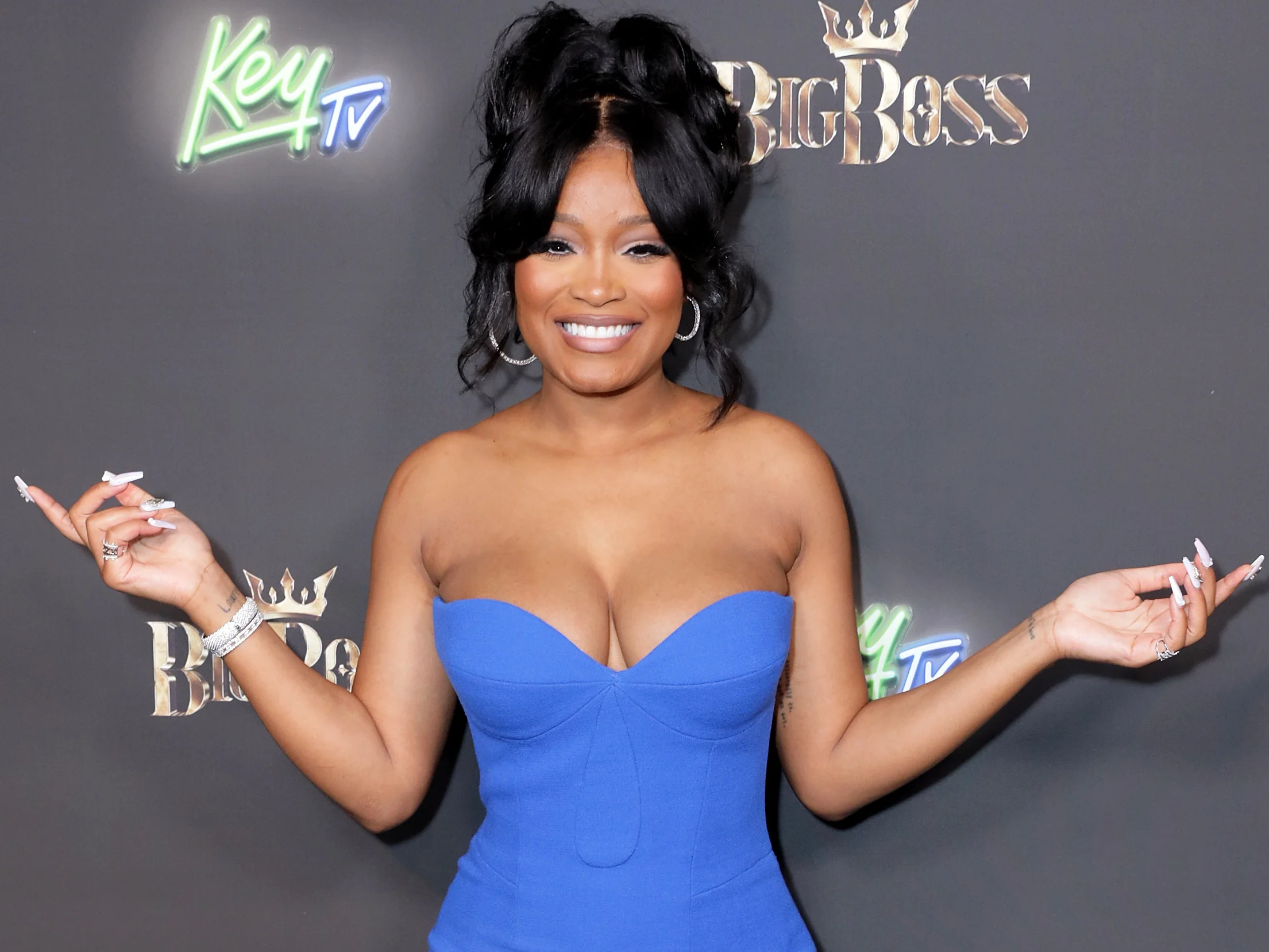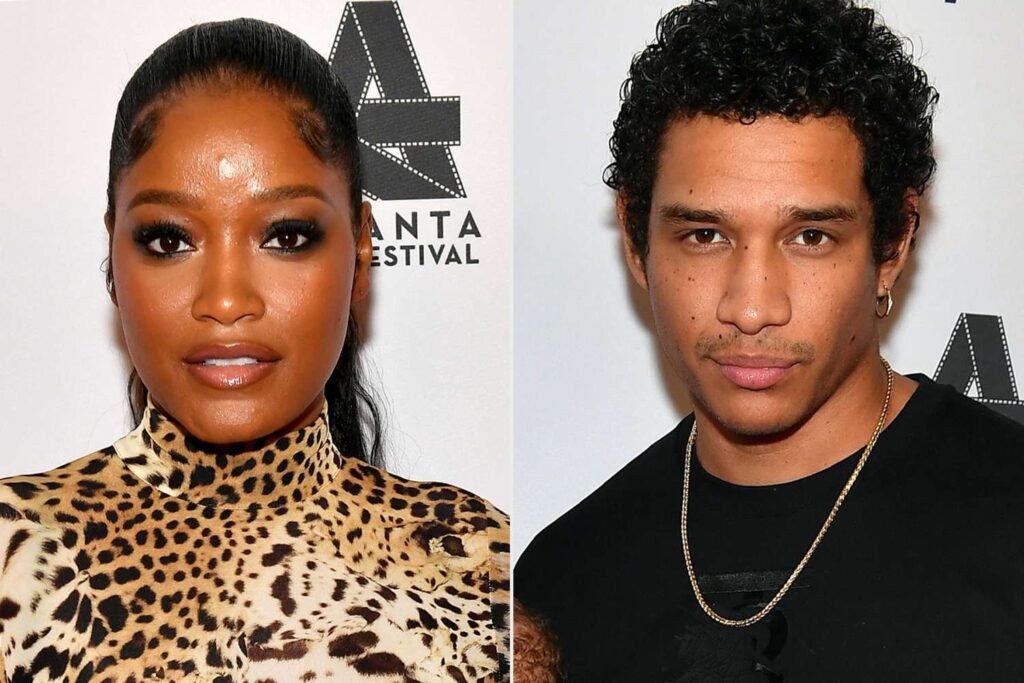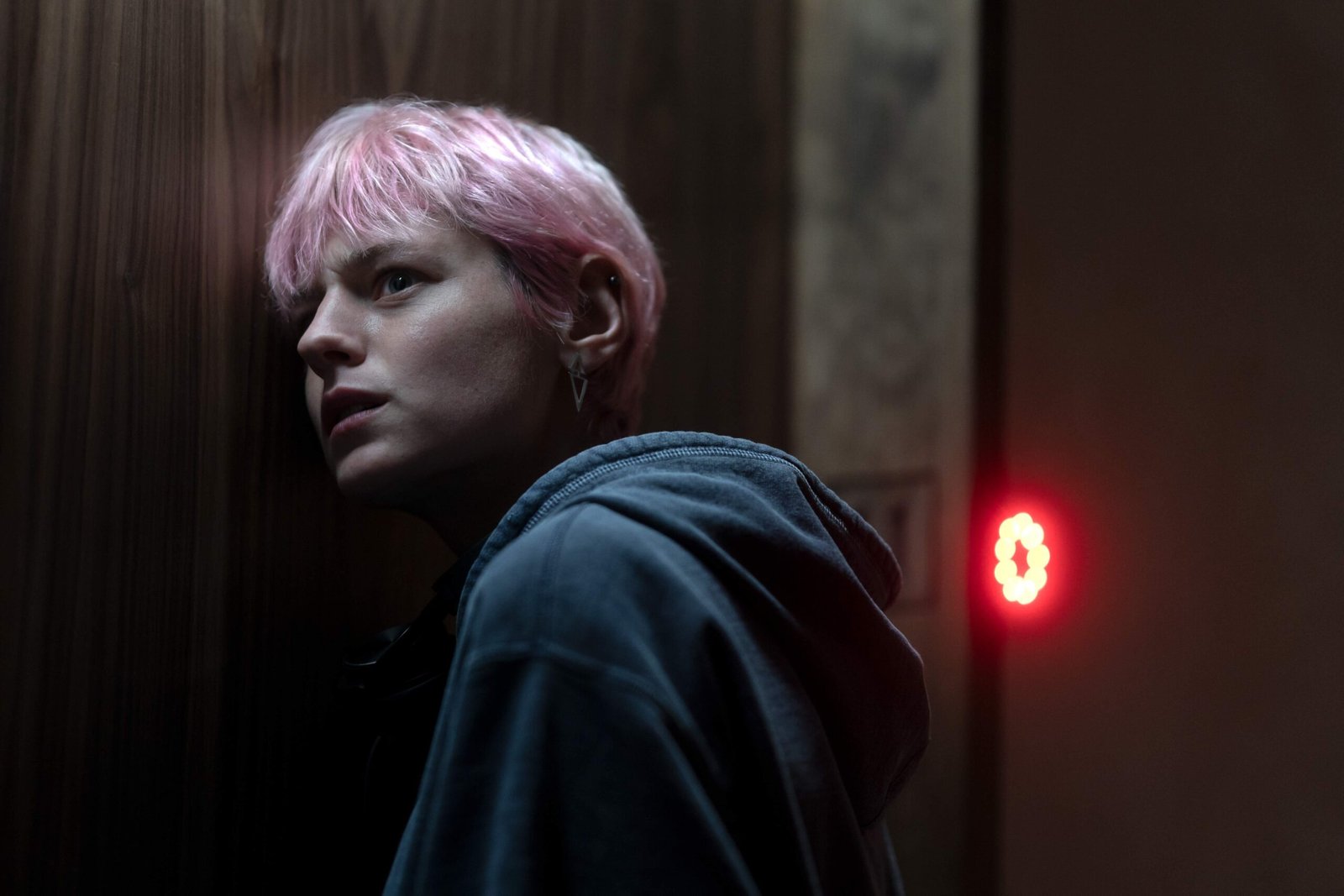
Actress Keke Palmer recently came forward and accused her ex-boyfriend Darius Jackson of violent behavior, a bombshell revelation that sent shockwaves across the entertainment industry.
Detail about Keke Palmer
In addition to the courageous action, Palmer took legal action, requesting a temporary restraining order against Jackson in order to shield him from the alleged abuse. This extraordinary sequence of events not only reveals a troubling period in Palmer’s personal life but also initiates crucial discussions on the widespread problem of domestic abuse.
The actress, who has been in films including “Akeelah and the Bee” and “Hustlers,” shared her experience with her admirers on social media. Palmer shared the mental and physical effects of the alleged assault in a moving essay, bringing attention to the often unseen and unspoken hardships endured by survivors.
The lawsuit started right away, and Palmer’s assertions were amply supported by the evidence she produced in court. The court took swift action after realizing how serious the situation was and issued a temporary restraining order against Jackson. Palmer is immediately protected by this legal action, which also establishes a standard for responsibility in situations of suspected abuse.
Palmer’s choice to come out against her ex-boyfriend is in line with a rising movement among abuse survivors to end their quiet in the entertainment business and in society at large. The #MeToo movement has made it possible for people to talk about their experiences and has built a network of support that enables survivors to fight for justice.
Beyond her star profile, the actress’s bravery in the face of hardship emphasizes the common fight against domestic abuse. The restraining order is a concrete example of the judicial system’s dedication to safeguarding victims and prosecuting those who are accused of crimes.
A wider discussion about the frequency of abuse in relationships has been sparked by Palmer’s charges and the ensuing legal proceedings, highlighting the importance of services, support, and awareness for survivors. Fans and campaigners alike now use social media channels as a hub for organizing, with hashtags like #JusticeForKeke and #BreakTheSilence gaining traction.
Domestic violence specialists have also voiced their opinions, highlighting the significance of trusting survivors and fostering an environment that promotes candid conversation about abuse. The case has sparked conversations on how friends, family, and coworkers can spot and support victims of abuse, highlighting our shared need to provide safe spaces where survivors feel comfortable speaking out.
Palmer’s transformation from a victim to an advocate is proof of the tenacity and fortitude of survivors. The case serves as a sobering reminder that abuse has no bounds and affects people regardless of their success, notoriety, or public image while the judicial processes are ongoing.
The entertainment sector, which is frequently criticized for how it handles these kinds of problems, now has the chance to discuss the case’s wider ramifications. It is recommended that production firms, performers, and other industry professionals review their rules and support networks in order to guarantee the security and welfare of every person employed in the entertainment sector.


In conclusion, Keke Palmer’s choice to file for a temporary restraining order and accuse her ex-boyfriend, Darius Jackson of assault, is a turning point in the ongoing battle against domestic abuse. In addition to deciding the outcome of this particular case, the subsequent judicial processes will further the discussion on developing a culture that upholds survivors and holds offenders accountable. It is hoped that as the public follows the events, Palmer’s bravery will encourage others to come forward, break the taboo, and join the fight to end domestic abuse in our culture.


